Strengthening Cloud Security with Cloud Security Alliance (CSA) STAR Attestation
As cloud computing continues to shape the modern business landscape, ensuring robust security measures is critical to safeguard sensitive data and maintain customer trust. The Cloud Security Alliance (CSA) offers an industry-leading framework called the CSA Security, Trust, Assurance, and Risk (STAR) Attestation. In this article, we will delve into the significance of CSA STAR Attestation, its purpose, and the different levels of assurance it provides.
What is CSA STAR Attestation?
CSA STAR Attestation is a comprehensive program designed to provide assurance and transparency regarding the security posture and practices of cloud service providers (CSPs). It enables CSPs to undergo independent third-party audits to assess their adherence to the CSA Cloud Controls Matrix (CCM) and best practices outlined by the CSA. The program aims to enhance trust, streamline procurement processes, and enable informed decision-making when selecting a cloud service provider.
Levels of Assurance in CSA STAR Attestation
CSA STAR Attestation offers three levels of assurance, allowing CSPs to demonstrate varying degrees of compliance and security maturity. These levels are:
Level 1: Self-Assessment
At Level 1, CSPs perform a self-assessment against the CSA CCM and submit the results to the CSA. This level provides a basic level of transparency, where the CSP shares relevant information about its security controls, policies, and procedures. While Level 1 does not involve third-party validation, it encourages CSPs to start the journey towards stronger security practices.
Level 2: Third-Party Attestation
Level 2 involves an independent third-party assessment of the CSP's security controls against the CSA CCM. The assessment is conducted by a qualified auditor, providing an added layer of credibility to the evaluation. The auditor validates the effectiveness and implementation of security controls, offering greater assurance to customers regarding the CSP's security posture.
Level 3: Continuous Monitoring
Level 3 builds upon the third-party attestation of Level 2 and involves ongoing monitoring of the CSP's security controls. It includes continuous monitoring and periodic reassessment to ensure the effectiveness and sustainability of security practices over time. Level 3 provides the highest level of assurance, demonstrating a commitment to maintaining a robust security posture on an ongoing basis.
Benefits of CSA STAR Attestation
a. Transparency and Informed Decision-Making
CSA STAR Attestation provides organizations with detailed insights into a CSP's security controls and practices. This transparency enables customers to make informed decisions when selecting a cloud service provider, considering their specific security requirements.
b. Compliance and Risk Mitigation
By adhering to the CSA CCM and undergoing third-party attestation, CSPs can demonstrate compliance with industry-accepted security standards. This compliance helps mitigate risks associated with data breaches, unauthorized access, and other cloud-related security concerns.
c. Enhanced Trust and Customer Confidence
CSA STAR Attestation instills confidence in customers by showcasing a CSP's commitment to security and the implementation of best practices. The program fosters trust, enabling organizations to establish strong partnerships with reliable and secure cloud service providers.
Conclusion
As cloud adoption continues to surge, organizations must prioritize security and risk management. CSA STAR Attestation provides a robust framework that enables cloud service providers to demonstrate their commitment to security best practices. With multiple levels of assurance, the program offers transparency, compliance, and risk mitigation benefits to both CSPs and their customers. By leveraging CSA STAR Attestation, organizations can confidently navigate the cloud landscape, selecting providers that meet their security requirements and help safeguard their valuable data.
Tags
Data Security

%20STAR%20Attestation.png)